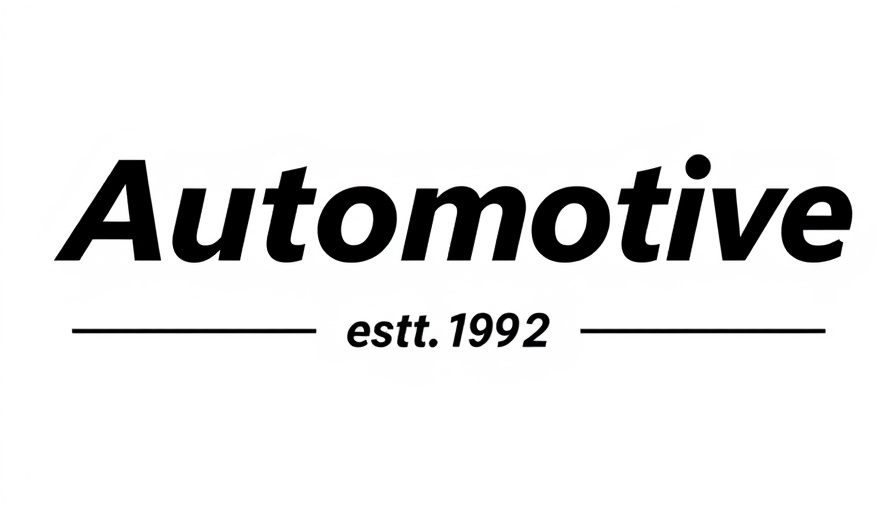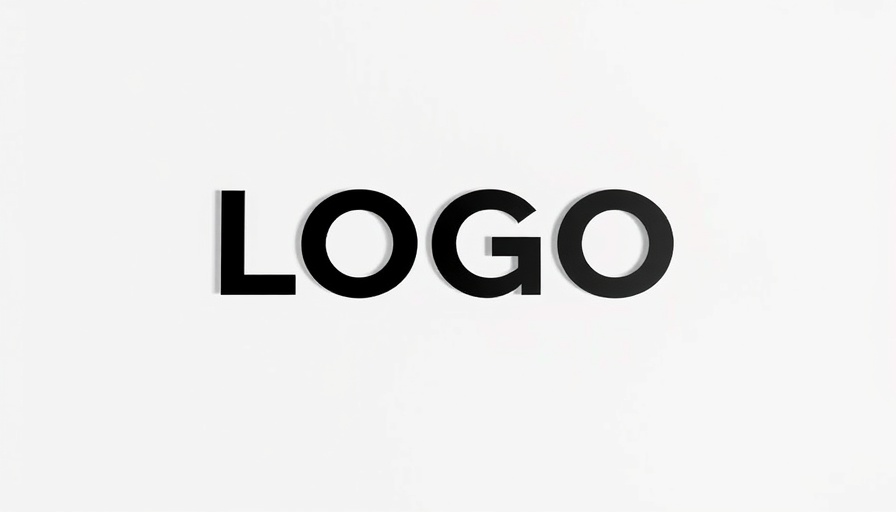
BMW Takes Action Against Tariffs on Mexican Manufactured Vehicles
In a strategic move to cushion the blow of the recently imposed tariffs on imported vehicles, BMW has announced that it will absorb the associated costs on select models built in Mexico. This initiative is aimed at ensuring that the prices of popular models—namely the M2, 2 Series Coupe, and 3 Series Sedan—remain stable for consumers until at least May 1, 2025. This decision provides a temporary financial breathing space for car buyers amidst a volatile marketplace influenced by changing U.S. trade policies.
The Implications of Tariffs for Consumers and Dealers
The import tariffs, set at a substantial 25%, are part of an aggressive effort from the U.S. government to reduce reliance on foreign manufacturing. Amid these changes, BMW’s proposition to maintain current prices for a limited period provides immediate relief to both consumers and dealers. As a spokesperson from BMW commented, “What this means by 'price protection' is that we’re not increasing prices for March or April. Nothing will change for March or April.” However, as the spokesperson noted, the long-term outlook remains uncertain, prompting potential price hikes beyond the protection window.
A Temporary Solution or a Long-Term Strategy?
As we steer toward May 1, questions linger about how BMW will navigate the tariff landscape beyond that date. Analysts speculate that should these tariffs persist, prices for models such as the M2 and 2 Series Coupe could witness significant increases. BMW’s San Luis Potosí plant in Mexico exclusively manufactures these models, leaving the automaker with little flexibility to alter production. The 3 Series, on the other hand, is also produced in Germany, potentially allowing for a strategic shift in production should tariffs continue.
Industry-Wide Effects: A Broader Challenge for Automakers
BMW is not alone in facing these tariff-induced challenges; a range of automakers with significant Mexican manufacturing operations—including Volkswagen, Honda, and Toyota—are also navigating the complexities of rising costs. As the tariffs reshape the industry landscape, decisions regarding price adjustments, production alterations, or negotiations for exemptions will become critical. The ongoing circumstances highlight a pressing need for manufacturers to adapt quickly to the evolving conditions of trade.
Looking Ahead: What Comes Next for BMW Customers?
The reactions and adaptations from BMW and other manufacturers in response to the tariff situation could redefine consumer experiences moving forward. As inquiries arise regarding potential price increases and factory adjustments, prospective car buyers must brace for a potential shift in the automotive market dynamics. Knowledge of how these tariffs may impact the pricing and availability of desired models is invaluable for consumers.
Practical Insights for Dealerships
For dealership owners and general managers, the current situation serves as a pivotal reminder of the importance of staying informed on trade policies and their potential implications for operations. Establishing a robust understanding of the auto industry’s evolving landscape can facilitate strategic decision-making regarding inventory, customer pricing strategies, and sales practices. Engaging with manufacturers about potential shifts in production plans and market conditions will ensure a competitive edge in mitigating uncertainties.
In light of recent developments, it is crucial for consumers and dealerships alike to remain proactive and informed. Whether you are a buyer weighing your options or a dealership reassessing your inventory strategy, understanding the impact of these tariffs will assist in navigating a challenging but potentially rewarding automotive landscape.
 Add Row
Add Row  Add
Add 

 Add Row
Add Row  Add Element
Add Element 




Write A Comment